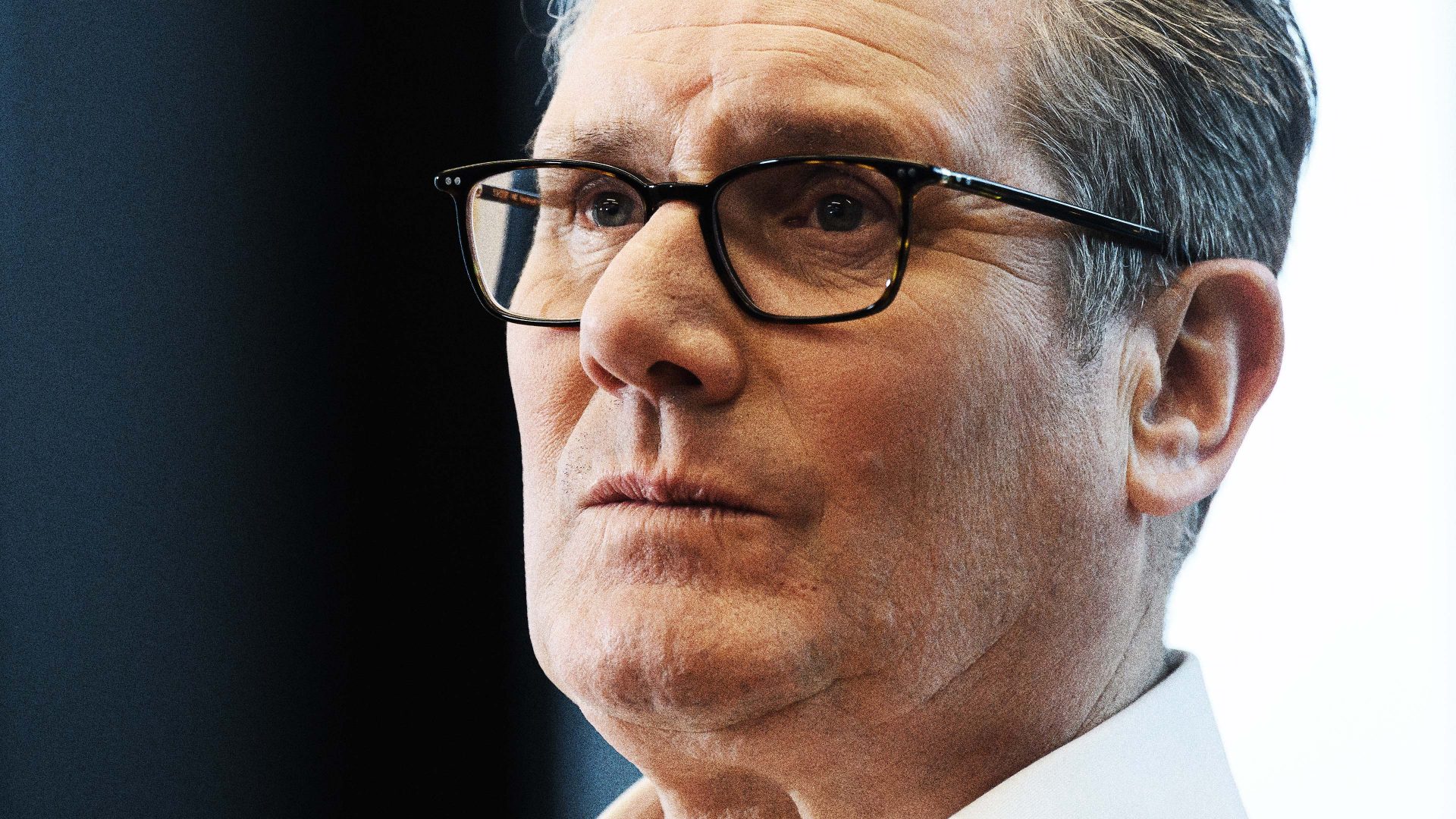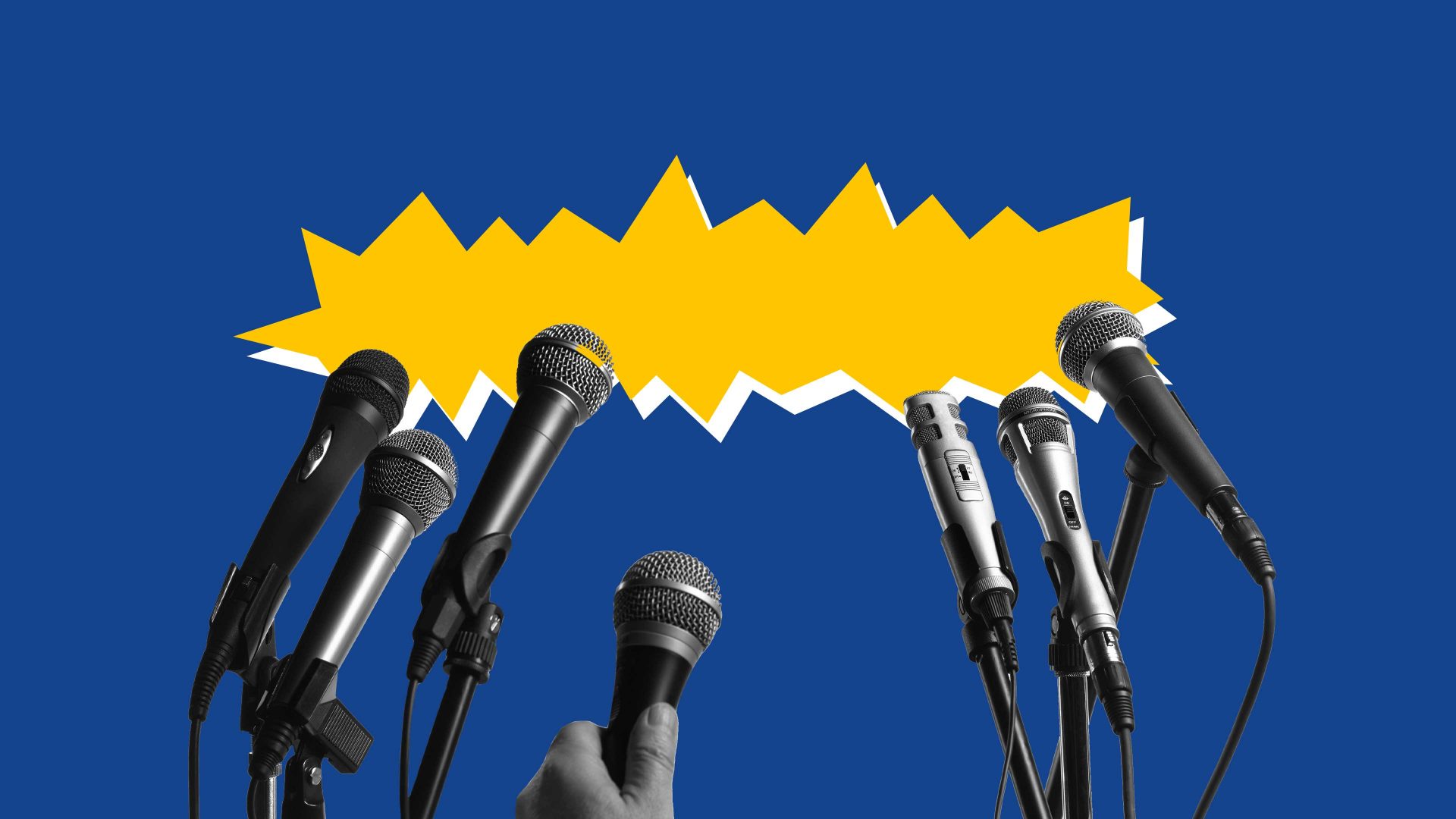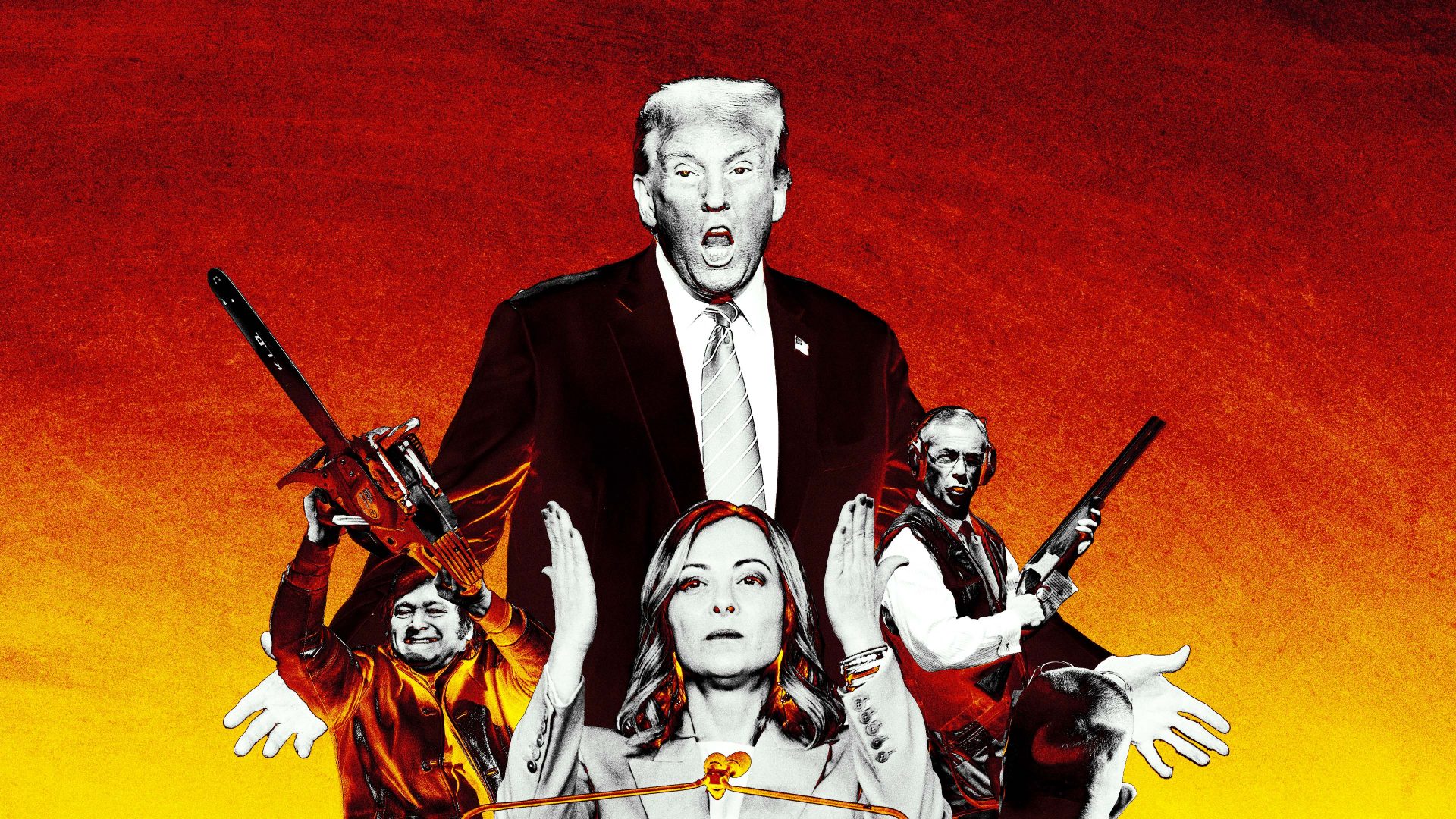Both of my brothers died in their early 60s, so I felt a real surge of sympathy, and resurgence of loss, on hearing that Keir Starmer’s brother Nick had died from lung cancer, aged 60, on Boxing Day.
There was a time of course when getting to your 60s was considered “a decent age.” When the first version of a UK state pension was brought in, back in 1909, men were living to an average of 47 years, women to 50, and you had to reach 70 to get it anyway! For a child born today, boy or girl, life expectancy is closer to 90 than 60, one of the reasons welfare systems in developed economies are buckling somewhat.
So 60 is far too young to die, as was 62, the age my brother Donald reached after a lifelong struggle with schizophrenia, and Graeme who, when about to undergo a double leg amputation a few months before he died, said only half in jest, “one for the booze, one for the fags.” You can understand why I breathed a sigh of relief on reaching my 63rd birthday four years ago.
Loss is hard to bear at the best of times, but it can be even harder if you are in a position as high-profile as the one currently held by Keir Starmer. In Angela Merkel’s recently published autobiography, the former German chancellor writes about her parents’ deaths, and says the relentlessness of politics meant she never had space or time to grieve.
In a book that doesn’t exactly flow with personal emotion – it is very Merkelish in that regard – there is one sentence which hits you with her visceral anger. “Der Voyeurismus bei Beerdigungen war kaum zu ertragen.” … “The voyeurism at funerals was almost unbearable.” This woman, who dealt with so many difficult situations in her long political career, said this was the one that tested “the limits of my strength.”
Both my brothers were very supportive of me, in good times and bad, but I nonetheless have a weird kind of survivor guilt, not just because I have lived longer than they did, coming from the same kind of upbringing; but also because they did not enjoy the same kind of opportunities, or perceived success, that I did, and in many ways couldn’t really understand the life that I led. There was nothing in our background to suggest a high-profile media and political career.
You can multiply that many times over when someone from a background like Keir Starmer’s becomes prime minister. “My brother never asked me to become a politician,” he told his biographer, Tom Baldwin.
Nick, too, of course, was “the son of a toolmaker,” but faced challenges that I know weighed heavily on his older brother – learning difficulties, deafness, then the lung cancer which killed him – and Starmer cannot have found it easy to keep visiting Nick in hospital up in Yorkshire, whilst dealing with everything else on his prime ministerial plate.
Likewise Merkel, who has a brother, Markus, and a sister, Irene, ten years younger than her, had little in her background to suggest she would reach the political heights she did. When such a rise happens, it changes the lives of the whole family.
I hope that Keir and his family are spared grief voyeurism. There has been a fair bit of the usual vileness on social media, but it was good to see both Kemi Badenoch and Ed Davey send what came across as genuinely sincere warm words in their political opponent’s direction when Nick Starmer’s death was announced.
One thing all politicians have in common is that they have families; one thing all families have in common is that they’re complicated; and one thing we all have in common is that death, and grief, are the great leveller.
Talking of cross-party empathy and support, I had a wonderful and unexpected phone call on Christmas Eve from none other than Nicholas Soames, Churchill’s grandson, former Tory MP whose opposition to a no-deal Brexit led to Boris Johnson removing the whip, now sitting in the House of Lords.
I always had a good relationship with him when I was a journalist, and we rowed regularly about our very different views on monarchy – he is a friend of the current King, and was a stout defender when he was a mere Prince of Wales going through difficulties in his marriage to the beloved Princess of Wales – and about fox hunting. “How would you feel if we brought in a law to ban Burnley bloody Football Club? Well, that is how I feel about your bloody hunting ban!”
We had not spoken for a while, so his name coming up on the phone was a genuine surprise, but the reason was a reminder of what a decent bloke he is. “I remember you used to say you find Christmas and New Year a bit tricky on the depression front, so I am just calling to say … try not to get too down, and have a good one.”
I enjoyed the Angela Merkel book, but will be informing her publisher of one annoying error that I hope will be corrected in the paperback. On page 406, in the chapter on the global financial crisis, she refers to an April 2009 summit “auf Einladung des englischen Premierminsters Gordon Brown” (“at the invitation of the English prime minister Gordon Brown”)
Nein, nein, nein, Frau Merkel… this really annoys non-English Brits, yet it is all too common that foreign media and politicians refer to England when they mean Britain or the UK.
Gordon is Scottish, and British. He has never been English. He has never been PM of England, because no such role exists. Calling him “the Scottish prime minister” would be accurate, in that he is Scottish, and was prime minister, but it would be misleading, in that it may make people think he was the PM of Scotland, which he was, of course, but only because he was the PM of the UK as a whole, rather than the first minister of Scotland, at the time Alex Salmond.
Honestly, it is not that complicated. England, Scotland and Wales make up Great Britain; add in Northern Ireland and you have the United Kingdom of GB and NI. To be fair to Merkel, there are plenty of Brits unaware of that.
In happier news, there is a reference on page 393 to Alistair Darling, accurately described as “the British finance minister,” at the time guaranteeing Northern Rock savers their cash was safe. But on page 406, delete “englischen,” insert “britishcen” and alles wird besser sein.
You learn so much about Brexit if you speak foreign languages. It was in the French daily Le Figaro, rather than any UK media, that I learned of a report by France’s Customs Service, which revealed a fall of more than a third – down 34% – in the number of companies importing goods between France and the UK since 2018.
At EU level, the European bloc’s share of UK foreign trade is declining rapidly: imports down from 52% to 40%, while for exports, the EU’s share fell from 46% to 41%.
You almost certainly read it here first. It looks like in our media and politics the Brexit elephant will continue to grow in 2025, and the British and European economies continue to suffer as a consequence. One more reason you need to get friends and fellow believers signed up to The New European.




